Proterra, a 19-year-old automaker, goes bankrupt
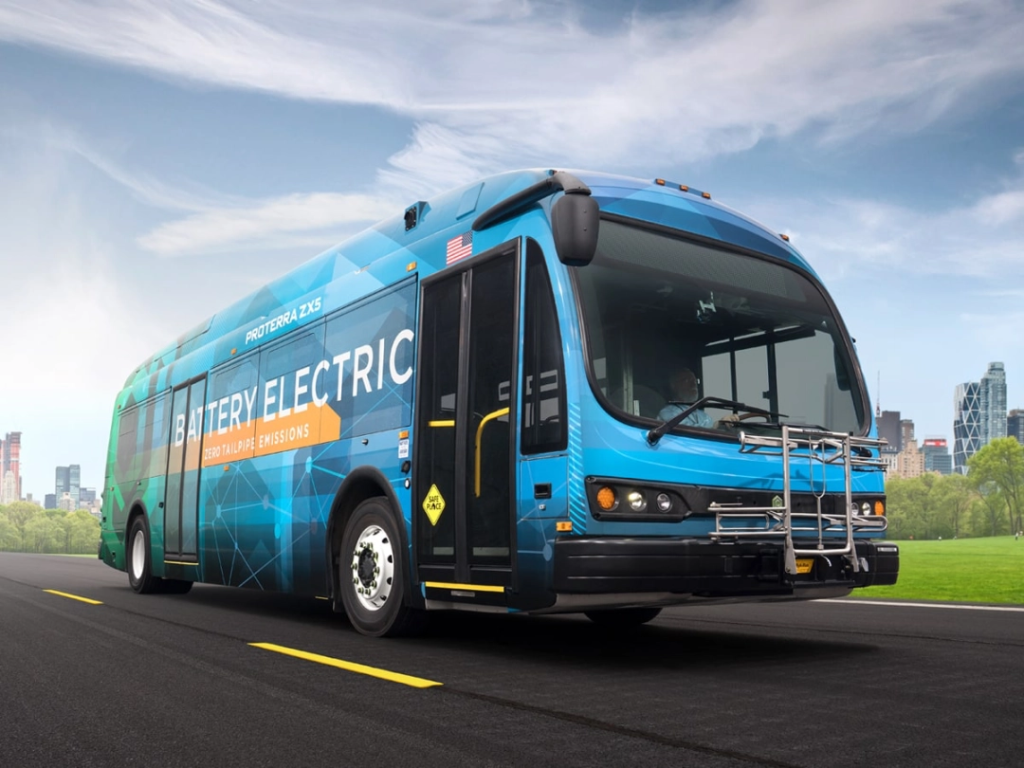
Proterra files for bankruptcy protection
Electric car maker Proterra was forced to file for Chapter 11 bankruptcy in federal court in Delaware just 25 months after going public.
As an electric bus manufacturer, Proterra was once considered the “Tesla of the bus industry”.
At its peak, Biden visited its factory, and behind it were BMW, Daimler and other giants who injected capital.
After filing for bankruptcy, the earnings conference call scheduled for August 9 was also suspended.
As soon as the news came out, Proterra’s stock price entered a slump mode.
As of press time, the stock price is only US$0.1, and its market value is US$26.23 million.
You must know that its market value was close to US$4 billion at one point.
It has only been two years since the peak fell to the bottom.
In addition to Proterra, many American electric car companies have also encountered difficulties recently.
For example, Nikola, the “Tesla in the truck industry”, just announced that it will recall all electric trucks and stop selling them.
In terms of pull, it is almost equivalent to a catastrophe.
Not long ago, Lordstown Motors also filed for bankruptcy.
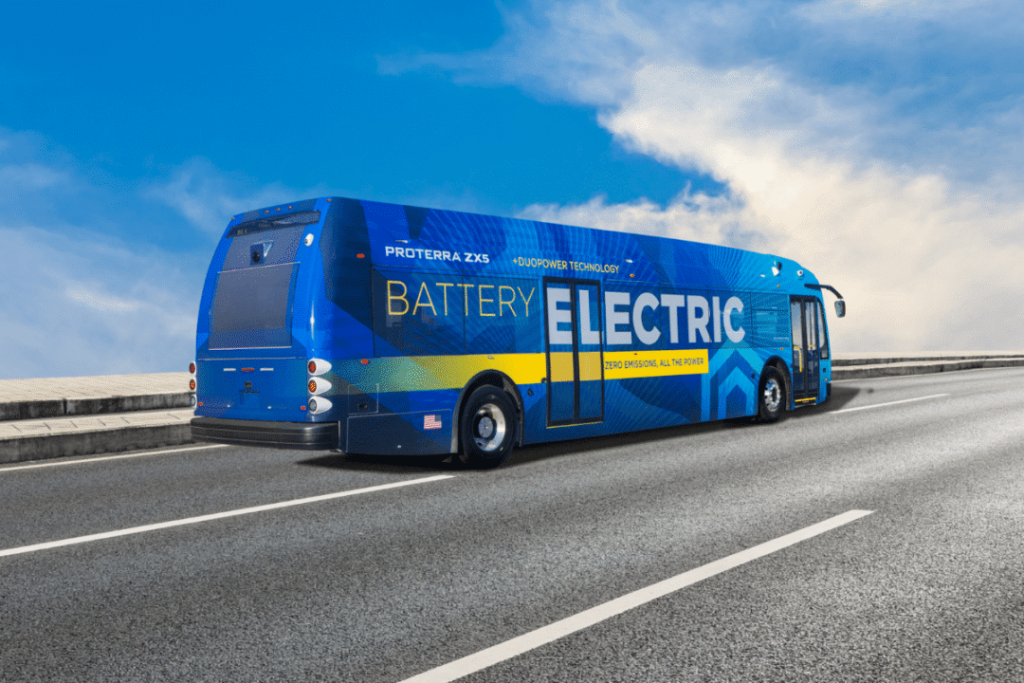
Support from Tesla executives
Proterr has a long history in car companies.
It was established in 2004, only one year later than Tesla, but at present, the gap between the two is already very different.
Headquartered in Burlingame, California, Proterra was initially positioned as an electric vehicle parts supplier and launched its first electric bus, the EcoRide, four years after its establishment.
At the time, officials said it was the world’s first heavy-duty, fast-charging battery-electric bus.
However, the sales of its electric buses were not good in the early stage.
After four or five years of selling, the sales of its electric buses were only in double digits.
Then Proterra began to absorb Tesla talent.
In 2014, former Tesla senior financial officer Ryan Popple joined the company as CEO, and its CTO Dustin Grace had worked in the Tesla battery department for 8 and a half years, and there were 6 other managers from the Tesla battery team.
Therefore, the title of “Tesla in the bus industry” is not empty-handed, and Tesla has sent a lot of talents to it.
After Tesla’s executives joined, Proterra’s situation began to improve.
The company’s technical development route for commercial vehicle power battery systems followed Tesla’s battery system technology route.
But unlike Tesla, Proterra did not use Tesla’s aluminum wire bonding technology during the reorganization, but laser welding.
At the same time, they also decided to develop their own battery technology and power system.
In 2016, Proterra launched the Catalyst E2 electric bus, which has a battery capacity of 440-660 kWh, takes only 3.5-5 hours to fully charge, and can travel up to 350 miles.
You know, the Model S of the same period can only travel 315 miles on a slow battery.
In 2015, Proterra diversified its business.
Regulatory documents show that its main business is divided into three, one is the production of electric vehicle batteries; the other is charging stations and energy management; the third is the production of complete electric buses.
The company’s battery systems segment also expands into trucks beyond buses, off-highway equipment used in construction and mining, and even Class 8 semi trucks.
At that time, the outside world agreed that the most successful thing for Proterra should be battery research and development.
But in fact, by the end of 2022, most of the company’s revenue will come from the sales of electric buses.
When Proterra was most popular, the electric bus business could account for 50% of the North American market, becoming the No. 1 electric bus market in North America.
In addition, Proterra has installed more than 100 megawatts of heavy-duty electric vehicle charging infrastructure to support commercial fleets in North America.
And Proterra has also reached cooperation with many city governments.
Proterra buses can be seen in Muni in San Francisco and transportation agencies in Napa County, Santa Cruz County and Santa Rosa.
In 2017, Proterra also set foot in the field of autonomous driving, announcing that it will cooperate with the University of Nevada to launch an autonomous driving program, and will conduct research and development of self-driving electric buses in Reno, western Nevada, mainly for the public.
On the road to financing, Proterra has been blessed by many investors including BMW, Daimler Trucks, Franklin Templeton, etc.
In January 2021, Proterra announced a merger with ArcLight Clean Transition Corp, a special-purpose acquisition company, seeking a curve listing.
At the time of listing, the stock price soared from $10 to $31.06, and then the valuation once approached $4 billion.
But what people did not expect was that Proterra was at its peak when it was listed, and it continued to decline within two years.
Moreover, while the company’s main source of revenue is the sale of electric buses, it has produced only about 1,000 electric buses since 2010, according to a March SEC filing.
Today the company has not achieved or maintained positive gross margins or profitability.



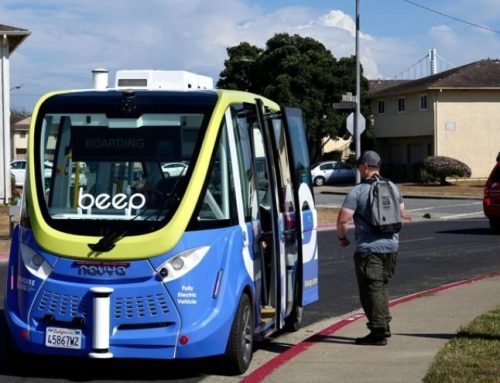
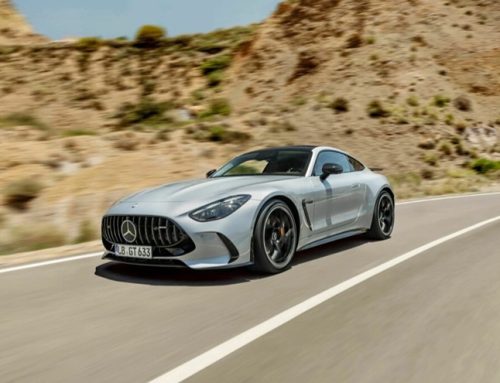
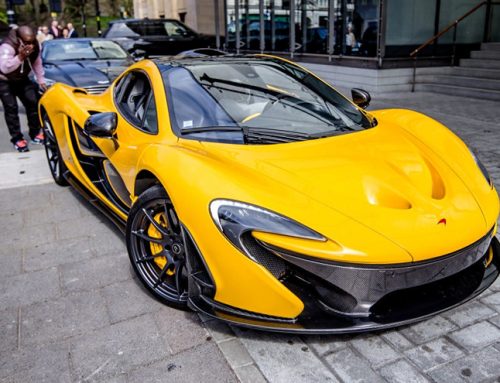
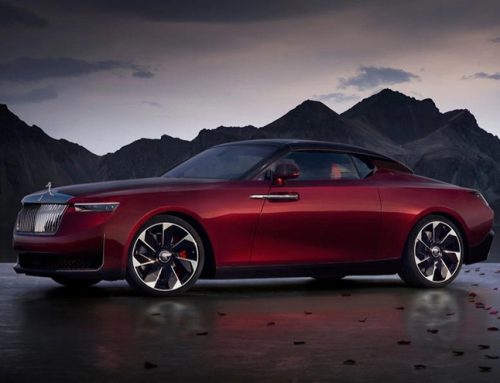
Leave A Comment